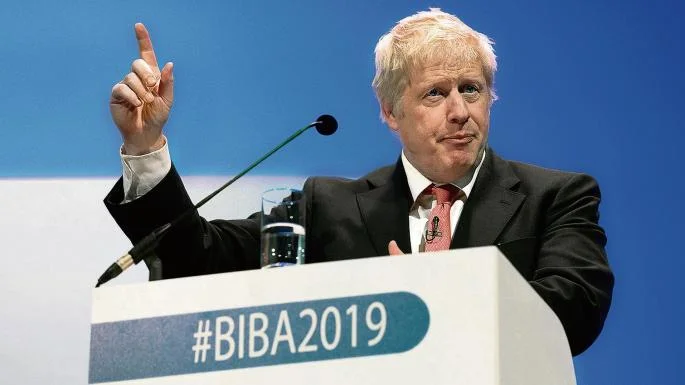Are you good at keeping secrets?
One of the most frustrating things about publishing - as opposed to journalism - is the requirement that you do just this. For what feels like a lifetime, I have been sitting on the most incredible secret: that Netflix has bought Anatomy of a Scandal and will screen it as a six-part series! (For once, I think an exclamation mark is justified.)
It hasn’t felt real. Though it was optioned soon after being published only a small percentage of novels that are optioned ever make it to the screen. And, despite being made an executive producer, signing contracts, employing an LA entertainment lawyer, meeting key players and feeling very involved with the process, part of me wondered if this amazing opportunity was something I’d imagined. Was it proof I was an imposter? (I had, after all, just been writing about a woman with hugely disordered thinking).
And then, all of a sudden, I had an evening email telling me that Netflix was going to announce the series the next day. The US trade press, Variety, Deadline and The Hollywood Reporter broke the story at 8am West Coast Time - 3pm over here - and it suddenly felt very real indeed. Stylist and Red magazine picked up the story, as did Metro, and before I knew it, I was being interviewed by The Sunday Times.
More than 3 weeks later, I’m finally getting around to sharing some of the details here. Anatomy of a Scandal is being developed into an anthology series by the team behind Big Little Lies: writer David E Kelley, who also created Ally McBeal, and producer Bruna Papandrea. 3Dot Productions’ Liza Chasin will also produce; Melissa James Gibson, show runner on the US House of Cards, will co-write, and the wonderful SJ Clarkson ( Jessica Jones, Succession, Collateral, Love, Nina) will direct.
Filming will all be in the UK. As with every industry, covid-19 has complicated things but the expectation is that, once protocols are put in place to ensure everyone is safe, filming will start by the end of the year.
And I could not be more excited. I can’t wait to share news about the actors - !!! - and, covid protocols allowing, to go on set. More than anything, I’m just so thrilled that a novel that continues to feel relevant - the news broke in the wake of Dominic Cummings demonstrating his entitlement - will reach a far wider audience.









